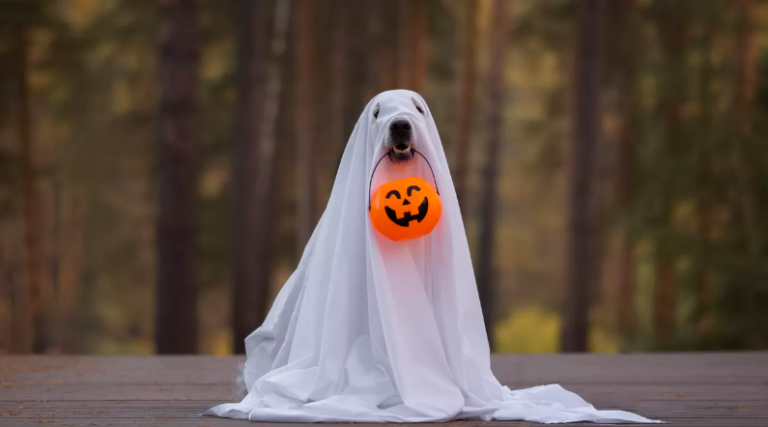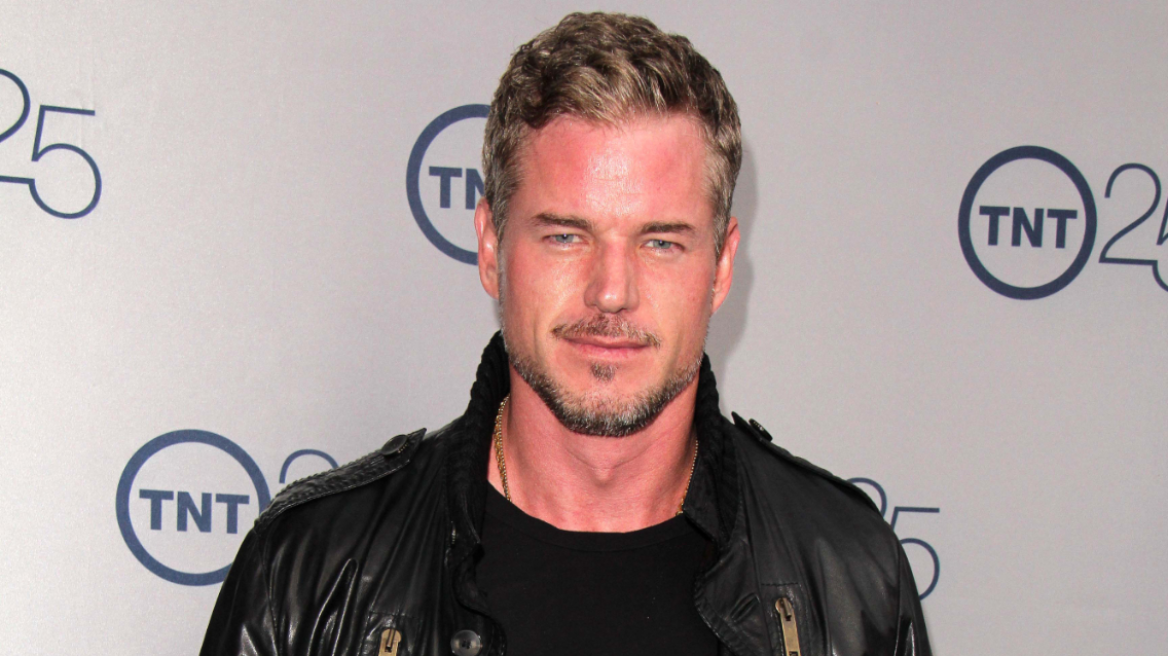Today marks the celebration of Halloween, a night filled with spooky costumes, ghost stories, and other traditions inspired by the supernatural. People recall tales of spirits and haunted places, creating an atmosphere of mystery and fear. Although ghost sightings are often dismissed as superstition or imagination, research shows a significant portion of people claim to have had unexplained “paranormal” experiences. But is there a scientific basis for these extraordinary encounters? It appears that medical and psychological explanations can indeed shed light on such phenomena.

- Sleep Paralysis
One common explanation for paranormal experiences is “sleep paralysis,” according to the UK’s National Health Service (NHS). Sleep paralysis is a temporary state of bodily paralysis that occurs upon waking or, less frequently, during sleep onset. In this state, a person feels trapped between sleep and wakefulness, unable to move or speak, while experiencing hallucinations or a pressing sensation in the chest. This occurs during the REM phase of sleep when the brain is highly active while the body remains immobilized.
Sleep paralysis has been recognized for centuries and appears in the folklore of various cultures, often referred to as the “old hag,” where an imagined creature is thought to sit upon the sufferer’s chest. Those prone to insomnia, stress, or conditions like post-traumatic stress disorder (PTSD) may experience sleep paralysis more frequently.
- Carbon Monoxide Poisoning
Another cause of perceived ghostly encounters can be carbon monoxide, a colorless and odorless gas released by faulty appliances like boilers, gas stoves, and heaters. This gas is toxic and can lead to confusion, headaches, dizziness, and hallucinations. As early as the 1920s, doctors linked such symptoms to tales of haunted houses. A recent case in Greece, where 14 people suffered from carbon monoxide poisoning in a hotel in Limnochori, Florina, highlights the dangers of this gas. - Irregular Brain Activity
Research also suggests that the activity of certain brain regions can cause paranormal experiences. A 26-year-old patient with epilepsy reported hallucinations after stimulation of a brain area linked to face recognition, describing altered and surreal facial features reminiscent of anime characters. In another case, stimulation of the left hemisphere of a 22-year-old’s brain gave her the sensation of a figure standing behind her. Up to 50% of people with Parkinson’s disease report seeing shadows or ghosts, likely due to neurological changes in their brains. - Psychological Mechanisms During Grief
Additionally, recent studies suggest that up to half of people claim to hear the voice of a deceased loved one during grief, much like Demi Moore’s character in Ghost with Patrick Swayze. This phenomenon may be explained by mental patterns or schemas, which help the brain interpret reality based on past experiences. For example, people accustomed to a long-term partner’s presence may naturally sense their voice or feel their presence after their passing.
Research concludes that ghost sightings may stem from medical, physiological, and psychological factors, without necessarily requiring a supernatural explanation.
Ask me anything
Explore related questions





